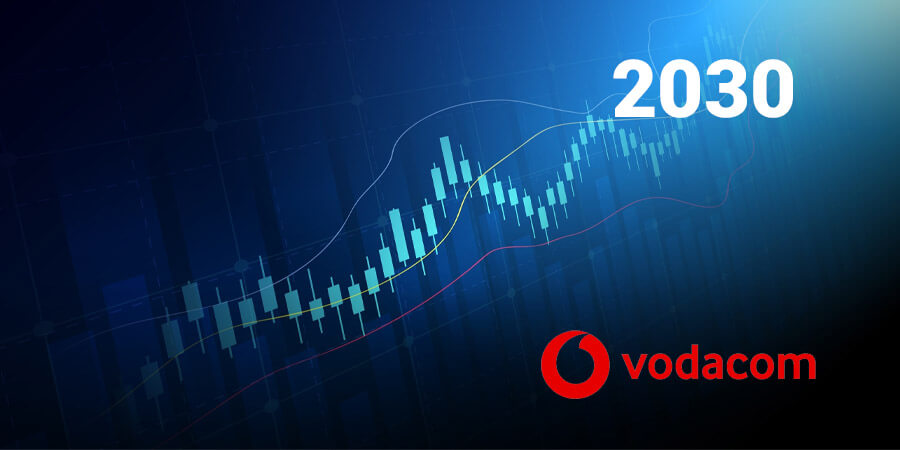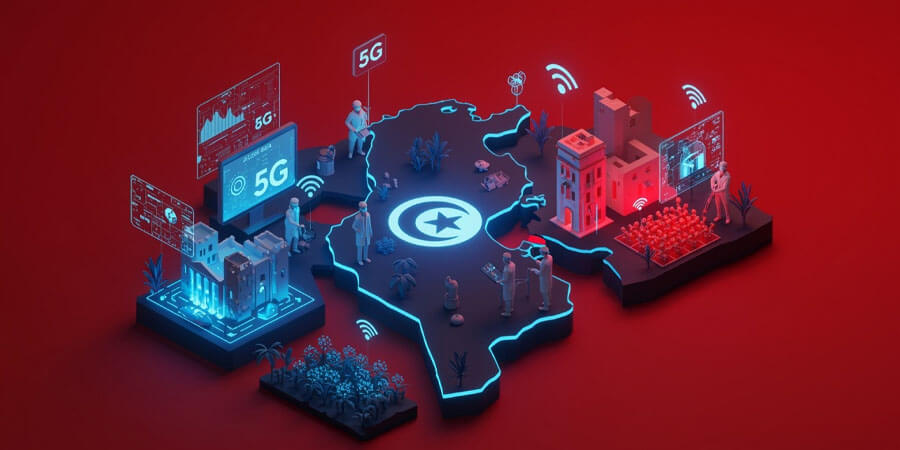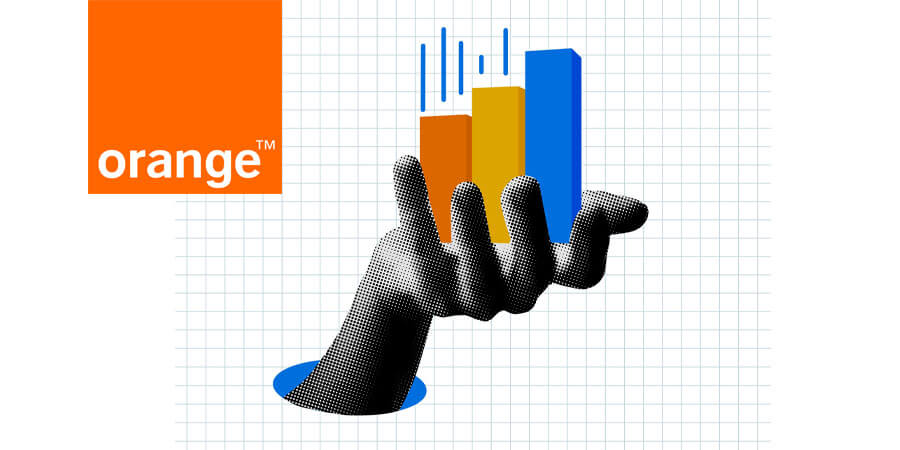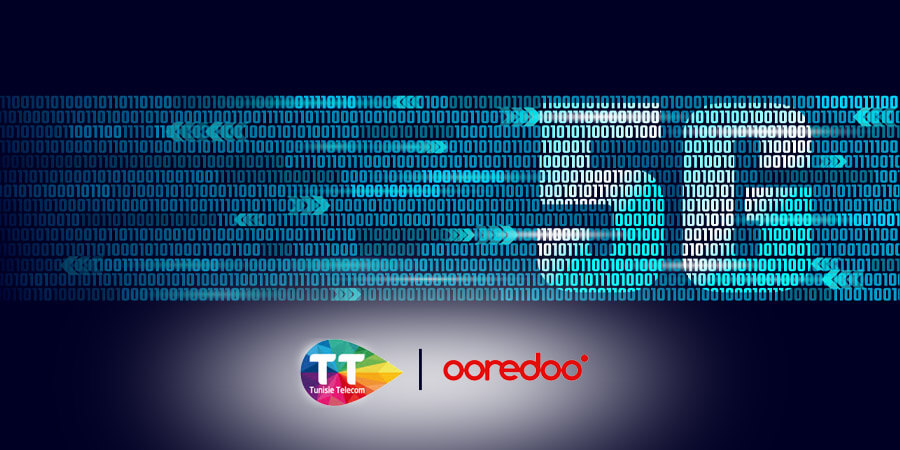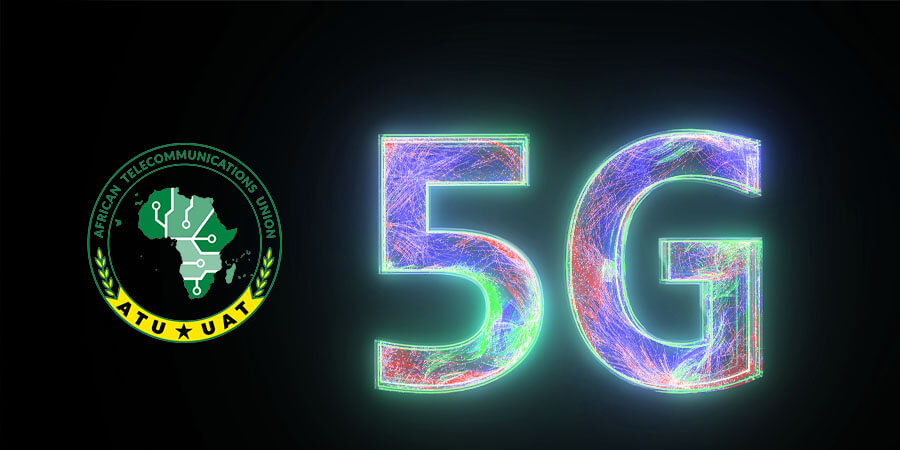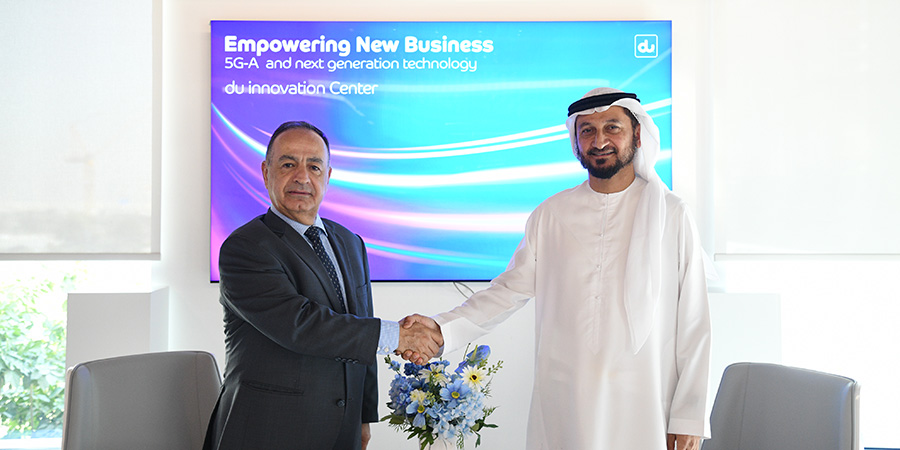This holiday season, the retail industry is preparing for an increase in cyberattacks beyond the typical surge.
Recent research revealed that the most persistent challenge the retail industry is facing is the rise in advanced rogue bot traffic, which has surged by 58% compared to last year. Moreover, evasive, rogue bots now account for 70% of harmful traffic targeting retail sites, far higher than the 51% seen on other websites.
Cybercriminals are increasingly leveraging AI-driven tools to launch sophisticated attacks, including malicious bots, API breaches, and DDoS assaults.
To combat these sophisticated threats, retailers are increasingly adopting AI and machine learning (ML) solutions within their cybersecurity frameworks. These technologies enhance threat detection, predictive analytics, and real-time response capabilities, enabling businesses to proactively identify and mitigate potential cyber threats.





